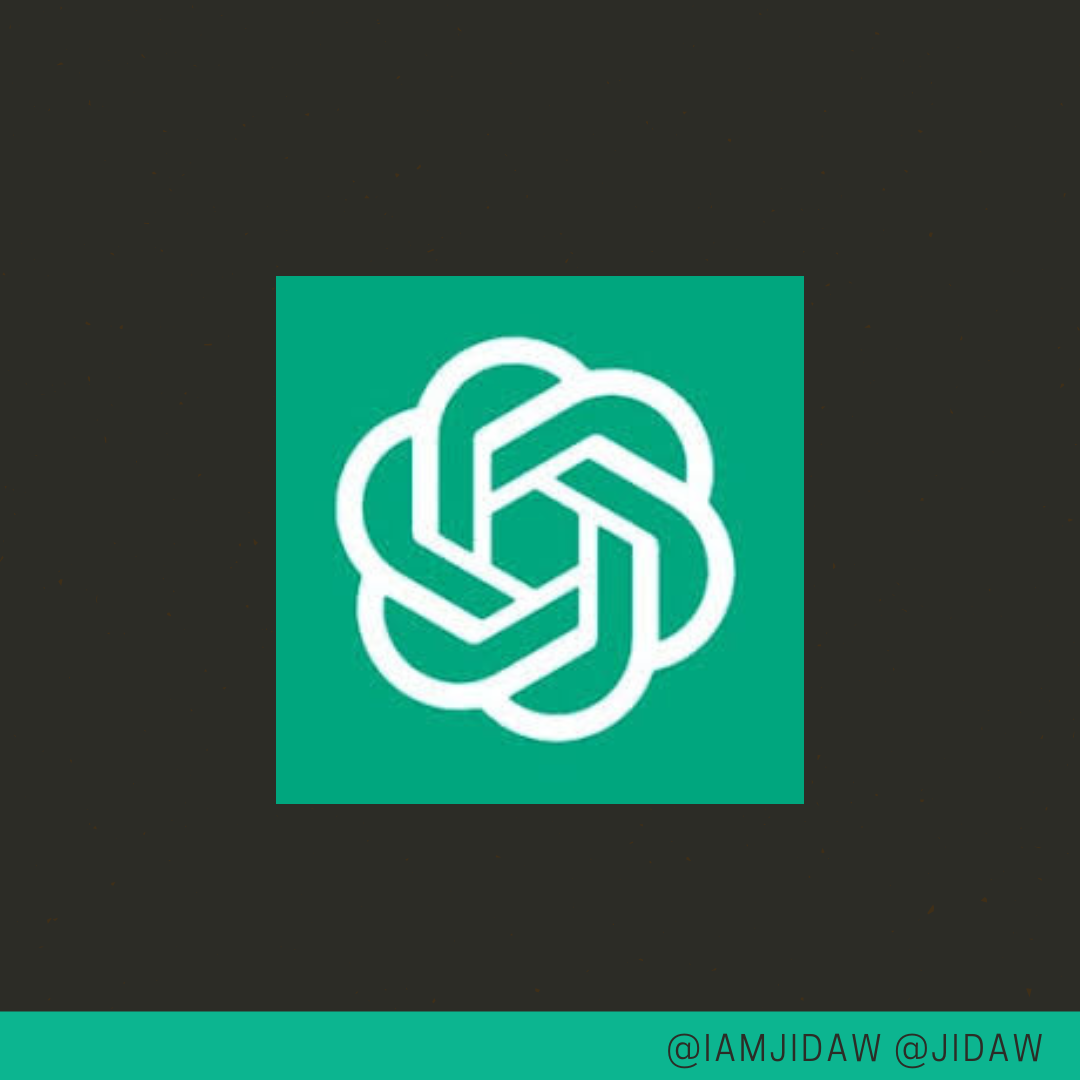The Italian data protection authority has banned ChatGPT, an advanced chatbot created by US start-up OpenAI and backed by Microsoft, over privacy concerns. While millions of people have used ChatGPT since its launch in November 2022 and it has been added to Bing and is set to be embedded in Microsoft’s Office apps, serious concerns have been raised over the potential risks of artificial intelligence (AI), including its threat to jobs and the spreading of misinformation and bias. The Italian watchdog has also stated it will investigate whether OpenAI complied with the General Data Protection Regulation (GDPR). This ban highlights the importance of regulatory compliance for companies operating in Europe.
Consumer advocacy group BEUC has called on EU and national authorities to investigate ChatGPT and similar chatbots, following the filing of a complaint in the US. ChatGPT is already blocked in China, Iran, North Korea and Russia.
Need for Strong Data Protection Legislation
The case of ChatGPT being banned in Italy underscores the importance of strong data protection legislation, particularly for countries that are increasingly reliant on technology and the internet. While Nigeria has a national data protection regulatory agency (the Nigeria Data Protection Bureau (NDPB)) responsible for regulating data protection and ensuring compliance with the Nigerian Data Protection Regulation (NDPR), protecting data privacy rights may require more than just having a regulatory agency. It is hoped that Nigeria and other countries in a similar situation would enact comprehensive national data protection legislation to provide more legal and regulatory backing to data protection regulation and help to ensure consistency and effectiveness in addressing data privacy concerns. Such legislation would also provide greater clarity and certainty for businesses and organizations that collect and process personal data.
Although the ban on ChatGPT in Italy highlights the need for Nigeria and other countries to have strong data protection legislation, along with the impending ban on TikTok in the US, it also exemplifies the perennial battle between innovation and data privacy and protection. While innovation and the use of new technologies can bring significant benefits to society, such as improved efficiency, convenience, and access to information, these innovations also come with serious risks, such as the potential for the abuse of personal data and the spread of misinformation.
Balance is a Challenge
The issue is how to address the challenge of balancing the benefits of new technologies with the need to protect individuals’ privacy and personal information. Outright bans may not be the answer, as there are certainly competing interests. Effective and responsible solutions for adapting to today’s fast-changing environment are needed. Governments and regulators, in collaboration with relevant stakeholders, will need to work harder and more creatively to enact laws and regulations that strike the right balance between innovation and data privacy and protection.
Companies must also be held accountable for the use of personal data and implementing safeguards to protect individuals’ privacy, but innovation that offers significant benefits to society should not be stifled.
This is a delicate balancing act; countries that aim to lead in the global digital economy must be ready to embrace innovative governance and regulation.
Author: Jide Awe,
Science, Technology and Innovation policy advisor.
Find him on Twitter @jidaw
